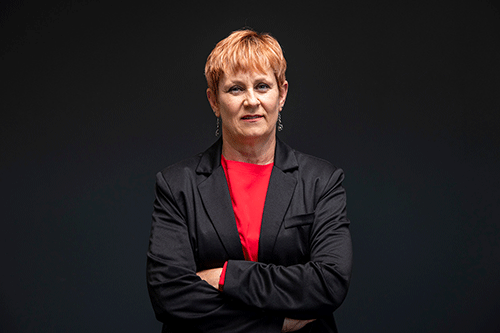Claire Hobbe
The Harvard Business School defines sustainable investment as investment strategies that consider environmental, social, and corporate governance (ESG) factors alongside financial considerations in so doing creating a holistic impact. Hence, the concept is also being referred to as socially- responsible investment back in the day, or today as impact investment.
This concept evolved from the recognition that there are inherent adverse outcomes manifesting from investment decisions that fail to factor in the economy’s critical spheres, including the environment and society. Impact investing’s core objective is to bring forth positive transformation in terms of the environment and society, while ensuring returns. This shift has been predominately driven by the change within the market for more significant change; recognising action needs to be taken to ensure we have a future.
This is a change Bank Windhoek has recognised, and afforded the Namibian market the avenue to access funding through the Sustainability Loan to specifically invest in initiatives looking to create impact for the environment and society, speaking to examples of deliberately directing funding towards creating effect where it matters and still providing our investors, which include our depositors, with returns.
Ultimate goal
The goal of sustainable investment remains to create a more sustainable and equitable world, while seeking financial returns. Globally, the redirection of investments to improve the environment is growing exponentially. In Africa, a report by McKinsey Sustainability published in June 2022 highlights the first assessment of opportunities and risks that show sustainable investment results.
The report highlights that Africa can strengthen its climate resilience by redefining its economic model to leverage natural capital, and designing financial systems to redirect critical nature-based investments. This approach will create the much-needed shift towards climate adaptation initiatives with the buffering capacity needed to instil resilience within communities and the ecosystems they depend on.
Sustainable investors are focused on creating a long-lasting impact with their businesses, and work to promote environmental and social values. When these investors analyse new ventures, they use a holistic lens, weighing the impact potential the proposed venture will achieve during and post-implementation. This ensures the economics make sense and the environment and society surrounding the venture benefit positively. This approach ensures that ventures supported by the investor always consider the environment and society when making investment decisions.
ESG criteria
Environmental issues include animal welfare, climate change, energy efficiency, pollution and resource depletion. Social considerations take employment standards, human rights, community relations and engagement, and consumer protection into account. Governance refers to the set of systems that lead and direct a company’s executive compensation, transparency, and anti-corruption policies.
Over time, investors achieve sustained financial performance, and contribute to creating an equitable, sustainable economy. From an operational standpoint, we recognise that investor organisations have an inherent impact in the areas they operate. Ideally, we want to ensure their operations do not negatively impact the environment and society. When individuals and businesses practice sustainable investing, they positively contribute to the environment’s health, which creates a wholesome space for growth, and allows for growth in different sectors as they strive to solve the world’s biggest challenges. This is particularly important for Africa due to its inherent vulnerabilities and lack of buffering capacity to brave the impact of climate change, which is diverse regarding extreme weather events.
Investing in companies and projects demonstrating positive ESG practices contributing to the overall sustainable development of the continent should be encouraged, as it is vital to building sustained resilience and ensuring that, as a continent, we have sufficient buffering capacity to cope with climatic shocks and, in the same vein, improve livelihoods. The focus now should be aligning investments with personal values, promoting ethical practices, and generating a long-term positive impact on the environment and society. It should encompass integrating a range of strategies that bring positive impacts internally and externally to the organisation.
While living in thought-provoking times, identifying ways to care for the environment and ensure it is socially consumable is essential. Aligning wealth with environmental and social values has a significant sustainable impact on improving livelihoods, and healing the world in the long run. As a result, sustainable investing is something to consider for investors, companies and wealthy, high-end customers.
* Claire Hobbs is Bank Windhoek’s chief treasurer.


